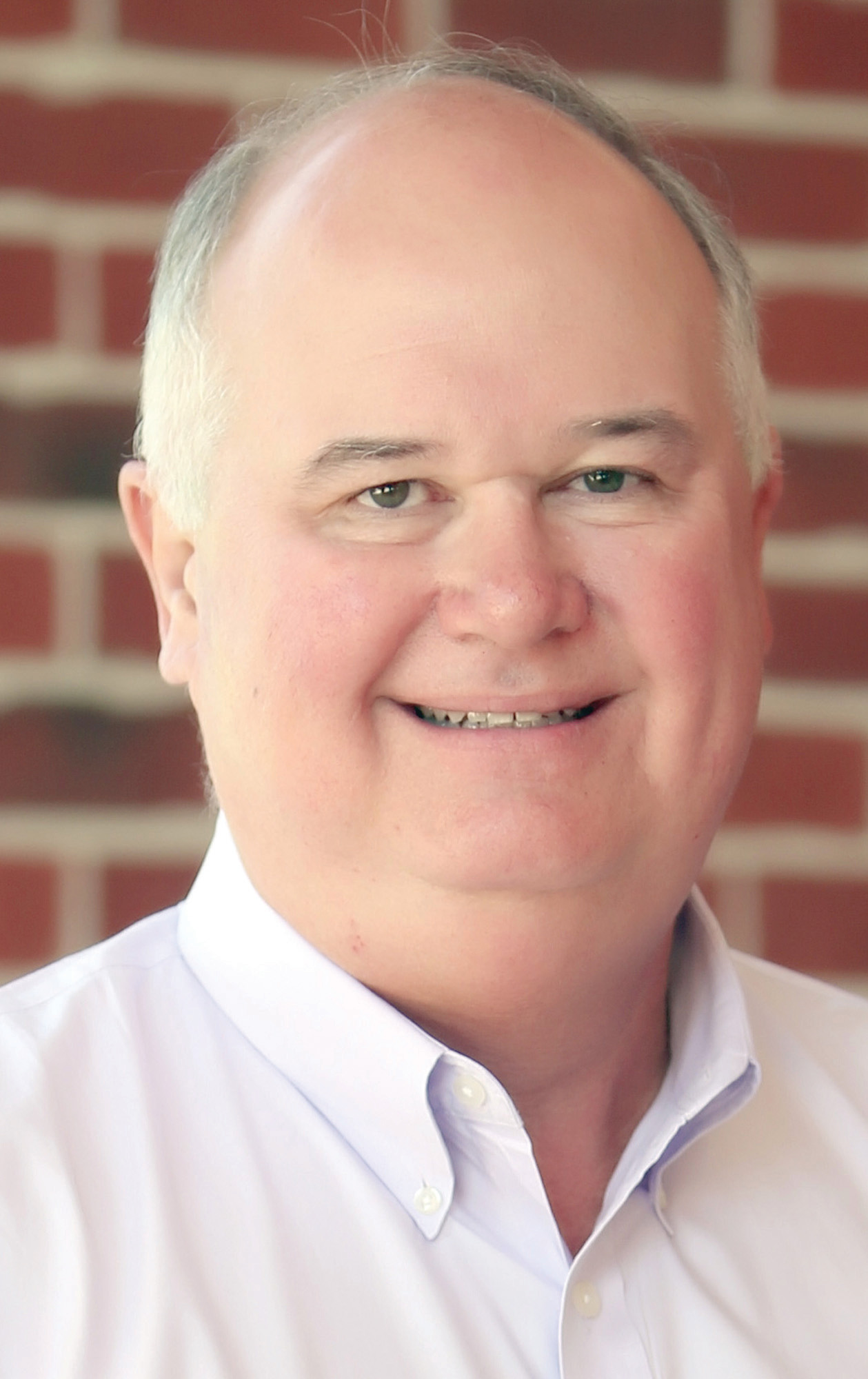The dad who went straight

Eddie was the kind of lawyer that caused you to check and make sure your wallet was still in your pocket. He drove a big car, wore the latest suits, flashed a lot of cash and lived large, as we say in the South. Eddie spent a lot of time at the track - both the dogs and the horses. You would not go to Eddie to draw up your will; you went to Eddie when you were guilty and needed to get off. Eddie knew how to do it.
Maybe that's why Eddie attracted the attention of Al. Al Capone, the mob boss of Chicago, that is. After a nasty divorce, Eddie deposited his son in military school and moved to Chicago. He made a fortune doing Capone's legal work. If you were with the "family" and got arrested, Eddie was the guy you called. If you needed help making your tax return look legal, Eddie was your guy. Al Capone made Eddie a very rich man. His nickname was "Easy." Easy Eddie. The guy who made things easy if you got caught; the guy who made it easy to break the law.
You know how the mob works. Even among non-Sicilians the law of omerta (keeping silent) applies. You don't tell anyone the "family's" business. If the police question you, you don't know nothing. If you break omerta, the mob kills you. No mercy. Simple rule.
One day, however, something changed for Eddie. Maybe it was the letters from his only son, Butch, at military school. Butch was dreaming of being in the Navy but, with a dad like Eddie, Annapolis wouldn't touch him with a 10-foot pole. For Butch to have a prayer of getting in, something would have to change. Easy Eddie would have to change.
At the height of Capone's power, Eddie made contact with the IRS. He offered to be an informant. The feds and Eddie knew Capone was too clever to be nailed for acts of violence. The key to getting Capone would be tax fraud and evasion.
Eddie steered the feds to Capone's bookkeeper as the man who held all the secrets. He gave the secret code to understanding the records. Capone was arrested on tax fraud. Using his influence, he fixed the jury. Easy Eddie found out and informed the judge, who switched juries at the last minute. Capone was found guilty and sent to Alcatraz Prison. Frank J. Wilson, the IRS agent leading the case, said, "Inside the gang I had the best undercover man I have ever known: Easy Eddie."
Did Easy Eddie do it as part of a deal to get his son into Annapolis? That was the rumor, but there is no record of such a deal. Then again, that's not the kind of deal you keep a record of.
The mob never forgets. One week before Capone was to be released from Alcatraz, eight years after he was sentenced, Easy Eddie was driving his black Lincoln home from the track. A black sedan pulled alongside him. Two men, armed with shotguns loaded with buckshot, opened fire from the car windows. Easy Eddie was killed instantly.
By this time, Butch was in the Navy. He made it into Annapolis somehow, graduated and was now at flight school in Pensacola. Butch was not following in his father's footsteps; he wanted to serve his country. He met a pretty nurse and proposed on the first date. She accepted. They spent their honeymoon traveling to Hawaii. It wasn't as romantic as it sounds - they were on separate ships. The day after the Pearl Harbor attack, Butch was assigned to aircraft carrier Lexington.
While part of the Lexington's flight crew, Butch had the most amazing day in Naval aviation history. On Feb. 20, 1942, Butch shot down five enemy bombers. Most fighter pilots never become an ace. Butch did it in one afternoon. It's estimated he used only six rounds per bomber - an outstanding feat of marksmanship. Butch was awarded the Congressional Medal of Honor at a time when the United States desperately needed heroes.
He did not get to enjoy his hero status for long. In late 1943, Butch was part of the first nighttime fighter engagement with Japanese bombers. His plane was shot down. A search the next morning yielded no survivors, no trace of the wreckage. He left behind his young wife and newborn daughter. His boss wrote to his widow that he had "never seen one individual so universally liked."
After the war was over, Butch's hometown needed a new airport to handle the increasing number of flights and passengers. They converted an old Army airport into a commercial one. The original name, "Orchard Depot," didn't seem appropriate. They changed the name to honor a hero - Butch.
You may have never heard this story. I bet you've heard of the airport. Next time you fly into it, remember the name not only honors a hero who gave his life for his country, but also a father who decided to go straight so his son could have a different life. Isn't that the kind of thing a father is supposed to do?
Remember, too, that your heavenly father wants you to have a different life. That's why his son died for you, to give you a different life, both now and forever.
Remembering this should be easy, especially if you fly to Chicago. Butch's first name was the same as his dad's: Edward. Edward O'Hare. O'Hare International Airport is named for him, an American hero, whose Dad went straight so his son could have a shot at a different life.
As Paul Harvey used to say, "That's the rest of the story."
Clay Smith is the lead pastor of Alice Drive Baptist Church in Sumter.
More Articles to Read
